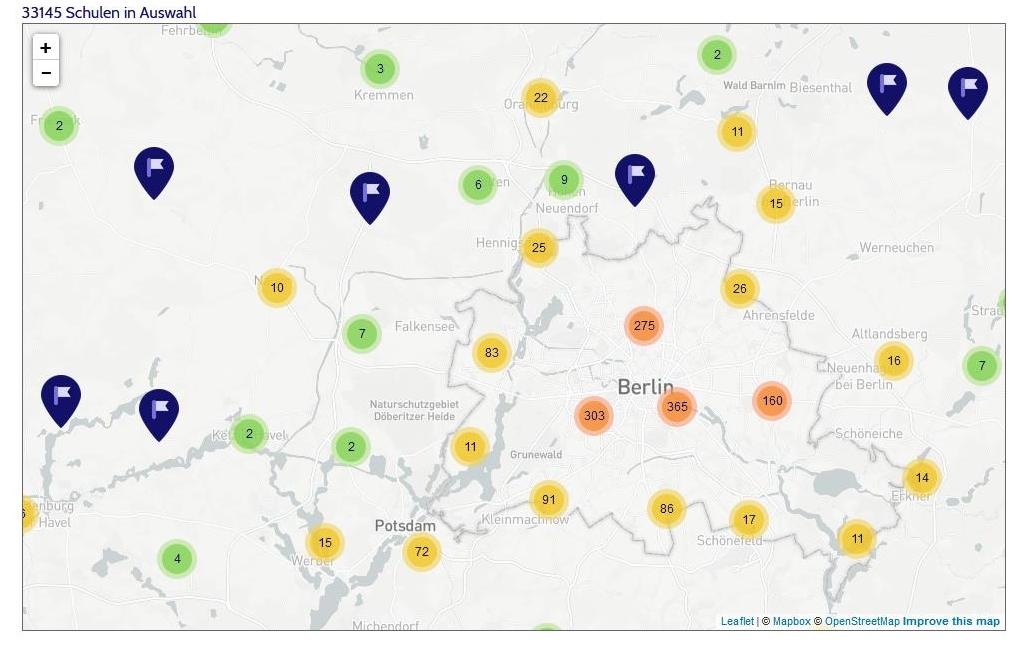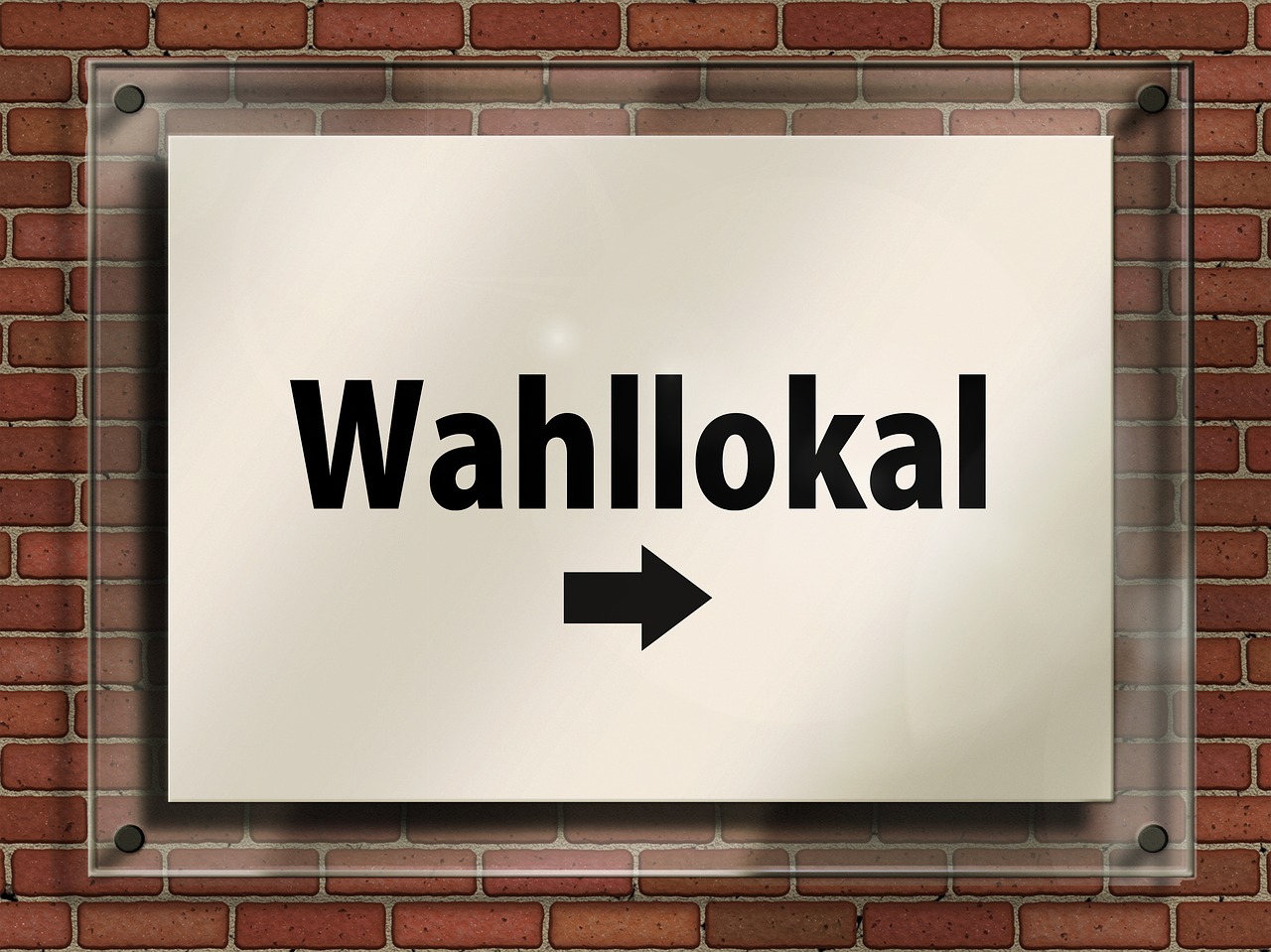CC-BY 3.0, Petr Kočí, Datenschule, Foto: Dawid Linkowski
What does it mean to become ‘data literate’? Where do you start and how can you use data within your work and projects? To explore these questions, we would like to introduce some of our community members and data activists from around the world, who ended up working with data at some point in their lives. We were curious about how they actually got started and - looking back now - what they would recommend to data newbies.
Each month we will publish a new interview, this is no. #5. Got feedback? Have questions? Feel free to get in touch: info@datenschule.de
Who: Petr Kočí from Samizdat
Topics: Data journalism projects in Czech Republic
Tweets: @tocit
Hi Petr, could you please introduce yourself
My name is Petr Kočí I come from Prague, Czech Republic. I am part of a data-journalism team called “Samizdat”, which is a wordplay as it means “made by ourselves from data“ in Czech (“Samizdat” describes a dissident activity of copying and distributing censored literature in the former soviet union). We started in 2011 and we do data journalistic projects mainly for Czech Radio, the public broadcaster in Czech Republic.
When did data and digital tools started to become important to you?
I have been a computer enthusiast since the 1980s and been working as a journalist in Czech Republic for 20 years now. In 2010 I realized that these two worlds are actually unnecessary separated by a digital divide and not interested in one another. I knew some data enthusiasts and people from the internet-community and started to build bridges between them and the old-school, print media journalists. I soon grasped that it was really difficult for them to find a common language and so I decided to become some kind of interpreter. First by writing stories about the internet-community and online world and then by finding some computer geeks and traditional journalists to join forces.
What are recent project you have been working on?
We recently did a funny map of Prague in which we calculated walking distances and analysed when it was actually most convenient to take the bus, subway or a bicycle. Earlier this year we did a long read article based on social polls and surveys analysing the causes and consequences of social inequality in Czech Republic, which is very high. That was done by my colleague Jan Bocek. These are two examples from this year that come to my mind.
How do you view governmental transparency in your country?
It is slowly improving. For example, five years ago we send a Freedom of Information (FOIA) request on cars that were towed away by the police in Prague. We found out that most cars are actually towed away near the parking lots for towed cars. So the police was making their lives pretty easy. The municipality however didn´t want to give us the data and tried to convince us that we misinterpreted it. Now they release the data. We run the analysis for every year and we see a change. We did that every year and in one interview with the new director of the municipal police, he basically confirmed that it used to be a big problem and that they fired these police officers but could not confirm five years ago. But in general the biggest problem with government data is that it is often full of typos and mistakes. The data structures and types might change every other year which makes it difficult to reconstruct some longer time-series. I think the biggest fear of the government by releasing is actually that the public will find out that it is just a huge mess.
Do you see a lot of NGOs in Czech Republic use data in their work?
From my perspective as a journalist I think they are doing a good job. And a few are also using data for their projects. Just a few weeks ago the Czech NGO Otevřená společnost released the foreclosure map, about the level of private debt and debt collectors in Czech Republic. For many people including me this was a huge revelation. The NGO requested the data from a governmental agency and created an interactive map for each municipality showing the percentage of people being one step away from personal bankruptcy. In the worst parts of the country it is actually up to 60%.
What does Data Literacy mean to you?
It is very important just like media literacy. It is important to be critical about the information we consume. When we see charts and graphs it is important not to regard them as true directly, because quite often it is just another truth by others who want to convince you or make you vote for them. We also often see altered X or Y axis in barcharts to make trends more dramatic than they actually are. Even in governmental releases or on the official twitter account of the Prime Minister. But nowadays in social media people deconstruct these things in hours or minutes.
If someone is interested in working with data, what would be your advice, where to start?
Start working on a project which is important to you and is fun. With code related work it is really important to get your hands dirty as quickly as possible. Learn from your mistakes and look around for sources on the internet. Because every coding problem has been encountered by someone in the world and it’s not just Stack Overflow but there are various well documented sites. Actually 90 % of the work can be done with basic tools in your spreadsheet. And yet, I would not recommend a specific tool as it always depends on your background. Whether you are a designer a coder or journalist. Find the tool which suits you most.
###Links:
Melde dich bei unserem Newsletter an und erhalte monatlich Informationen über unsere Aktivitäten und Workshops.
 Schuldaten-Bundesländer-Check: Fazit zur Schuldatenlage in Deutschland
Schuldaten-Bundesländer-Check: Fazit zur Schuldatenlage in Deutschland Bildungspolitik ist Ländersache - das wird auch an der Schuldatenlage in Deutschland sichtbar, wie wir in...
 Bundestagswahl 2017 - Wahldaten & Infos finden
Bundestagswahl 2017 - Wahldaten & Infos finden Die Bundestagswahl steht vor der Tür: In zwei Wochen wird über eine neue Regierung abgestimmt. Aber...